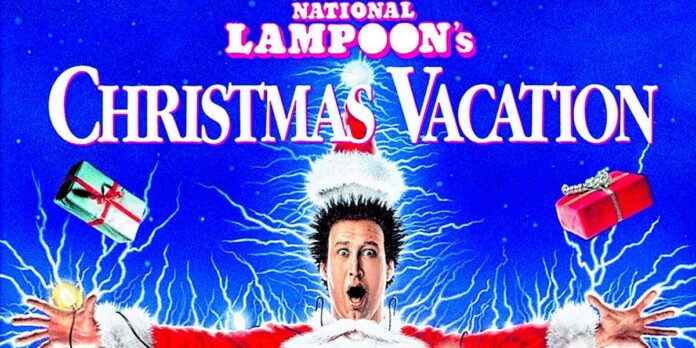
GREENFIELD — A drive-by glance at the marquee of the Legacy Cinema reveals a listing of current films — and a holiday surprise or two.
“Dr. Seuss’ The Grinch,” “Elf,” “National Lampoon’s Christmas Vacation” and “White Christmas” are all slated as current or coming attractions throughout the month of December at the Legacy Cinema, 2347 W. Main St.
It’s all part of a holiday programming package to ease people back into the movie theaters, said Legacy Cinema general manager Cary Benbow.
“We’re trying to entice them in with lower-priced shows and screenings to meet the conditions we’re in right now with people who don’t feel comfortable in big crowds,” Benbow said.
[sc:text-divider text-divider-title=”Story continues below gallery” ]
With the pandemic hitting hard, and people’s employment situations impacted, the Legacy has adjusted to accommodate with changes: matinee prices are currently at $5 with evening showings at $7 for adults.
“Concession prices are lowered as well,” Benbow added.
Among the Christmas movie offerings is the, ahem, controversial selection of “Die Hard,” starring Bruce Willis, Alan Rickman, Alexander Godunov and Bonnie Bedelia.
“There’s a lot of groundswell support for “Die Hard” over the Christmas holiday,” Benbow said. “It has a Christmas party, and people who are big action film fans argue for that.”
Although the film lacks the traditional holiday messages of good cheer and selfless giving, for some — spoiler alert — it’s just not Christmas until Hans Grueber falls from Nakatomi Plaza.
Another extra the theater has implemented is private small group and family showings at a rental price starting at $99. Patrons can schedule a private screening of currently showing films or work with theater management to see another film.
“We start by asking what genre or specific movie a customer would like,” Benbow explained. “Then we work with customers to determine if the film they wish to see is available. Film companies have restrictions.”
Benbow admits that he has some concerns about the future of movie theaters. With Warner Brothers’ recent announcement that it plans to release all of its 2021 feature films to the streaming service HBO Max in addition to movie theaters, some think such a move spells doom for movie theaters as we know them.
“They said the same thing when the VCR and DVD players came out,” Benbow said, but in the same breath, he recounts speaking appearances about his concerns before local service groups such as the Kiwanis.
Benbow cites the difference between seeing a film in one’s own living room versus seeing a film in the theater.
“When you experience a movie, it’s a communal aspect,” Benbow said. “When everyone gasps at the same time, you can’t get that in your living room. Cheering, the vibe, electricity — you can’t get that at home.”
Current legislation in front of Congress (H.R. 7806/S. 4258) urges the inclusion $15 billion for the Save Our Stages.
According to The National Association of Theater Owners, without intervention, 75% of theaters are going to go dark or out of business by the end of the year. And so Benbow and his staff continue to work to create a safe movie-going experience for people — with help from the guidelines at cinemasafe.org — cleaning high-contact areas, social distancing, masks in public areas and wearing gloves during clean-up. And the holiday programming.
“Those movies bring in that sense of nostalgia that no one wants to lose,” Benbow said. “It’s all about the love of movies.”
[sc:pullout-title pullout-title=”By the numbers” ][sc:pullout-text-begin]
From the website: SaveYourCinema.com
Movie theaters are in dire straits and are facing permanent closure and bankruptcy. To help save them, legislation has been introduced to include $15 billion for Save Our Stages (H.R. 7806/S. 4258), amended to include movie theaters, in relief legislation during the lame duck session.
Movie theaters were among the first to close when the pandemic was declared and may be the last to recover. The delay of many wide-release films into 2021 means that theaters have no new films, a critical requirement for them to stay open. As many as 98 percent of theaters had losses of more than 70 percent in recent months. Without relief, almost 69 percent of our country’s small and independent theaters say they will go bankrupt or close entirely by the spring. This would be a blow for the country’s culture and economy. In addition to being community gathering places, theaters employ many vulnerable individuals underrepresented in the workforce, including young people and people with disabilities.
Theaters need Congress to provide aid that will save the more than 153,000 cinema jobs and see the theaters financially solvent into 2021 so that the industry has a chance at recovery. To learn more about supporting this bill, visit SaveYourCinema.com.
[sc:pullout-text-end]



